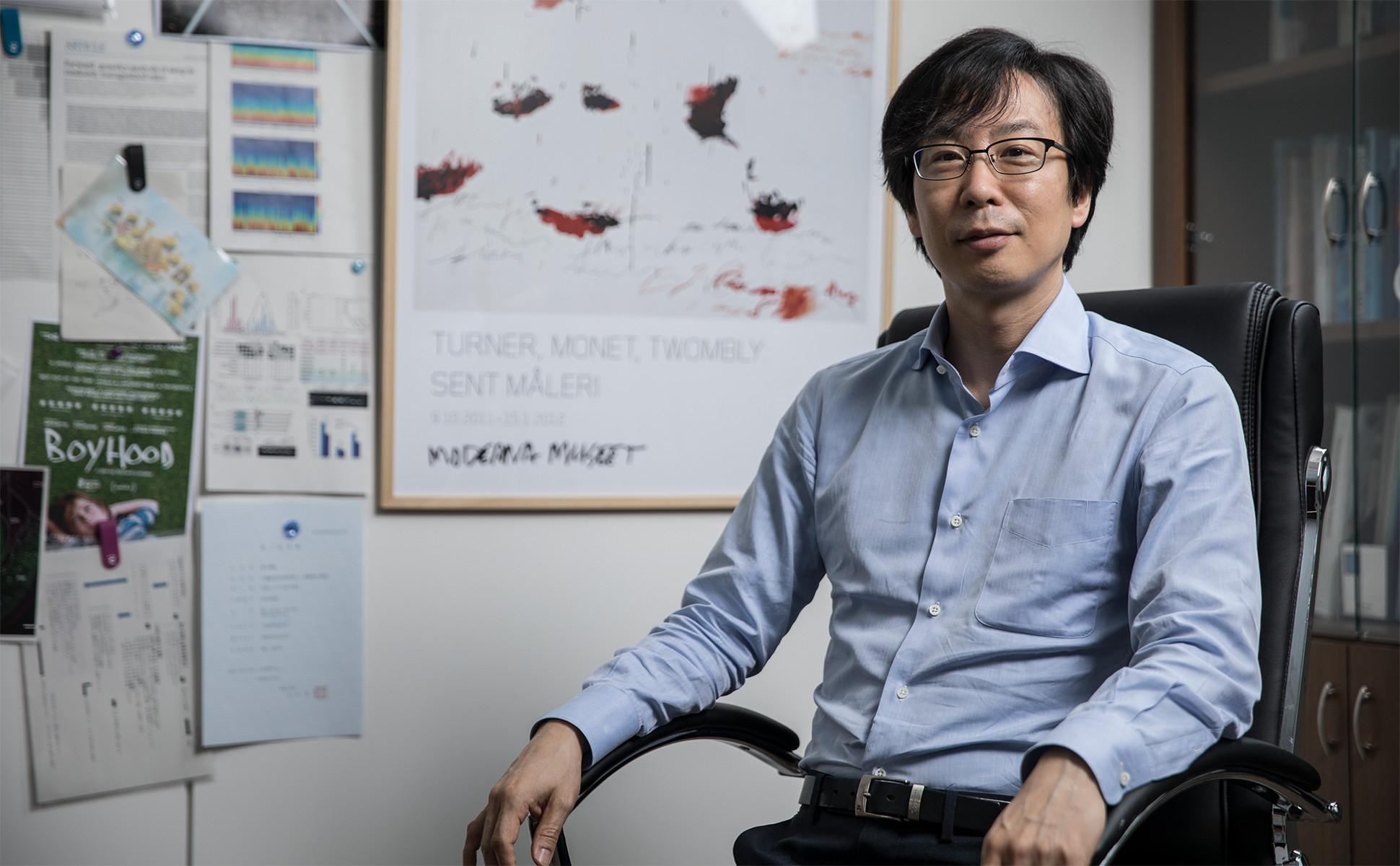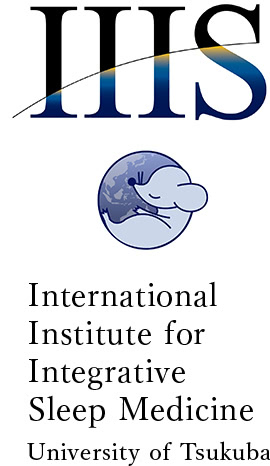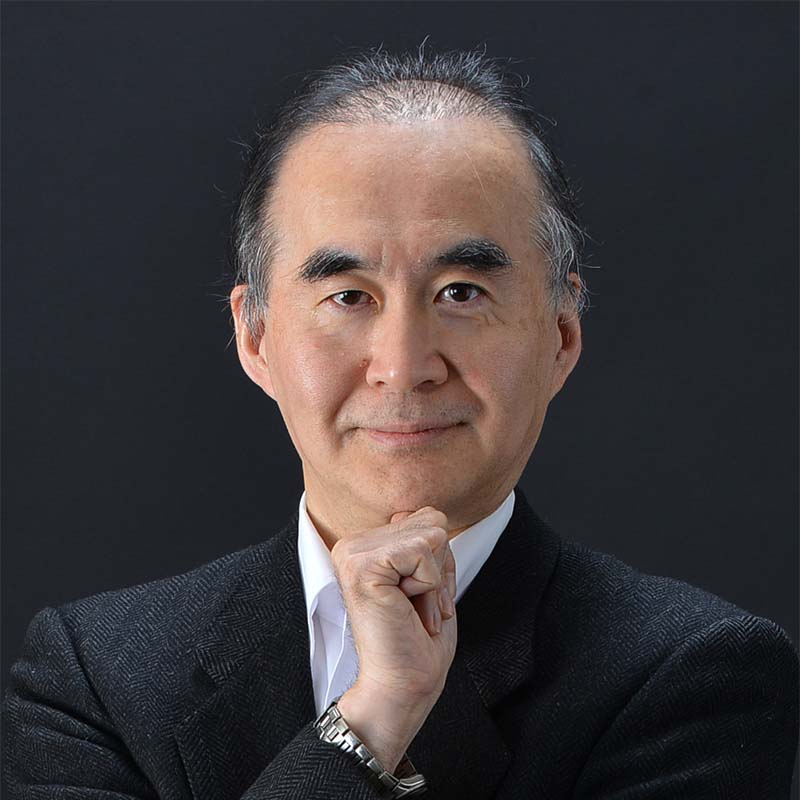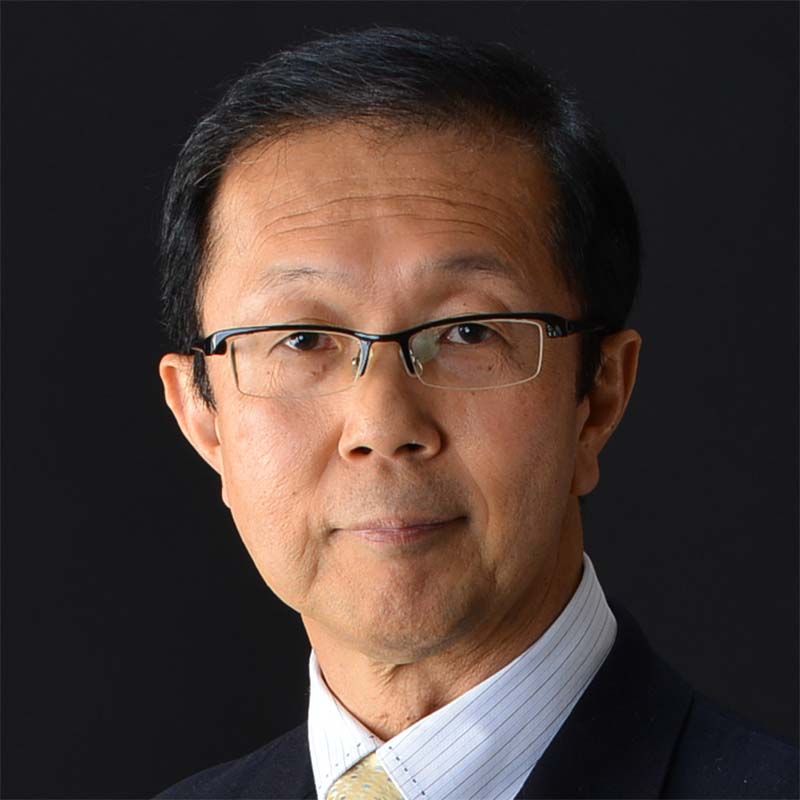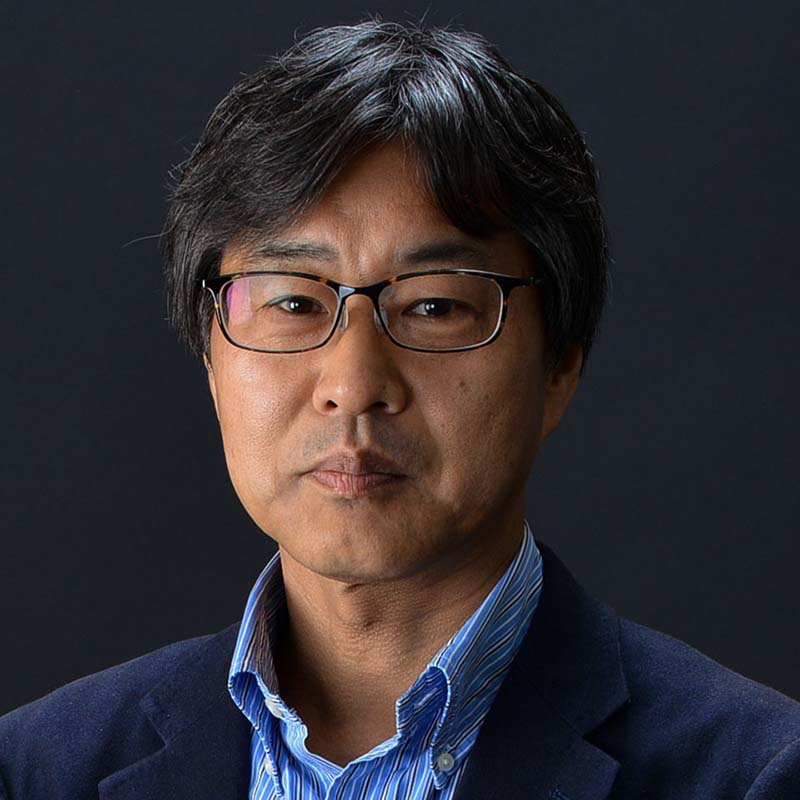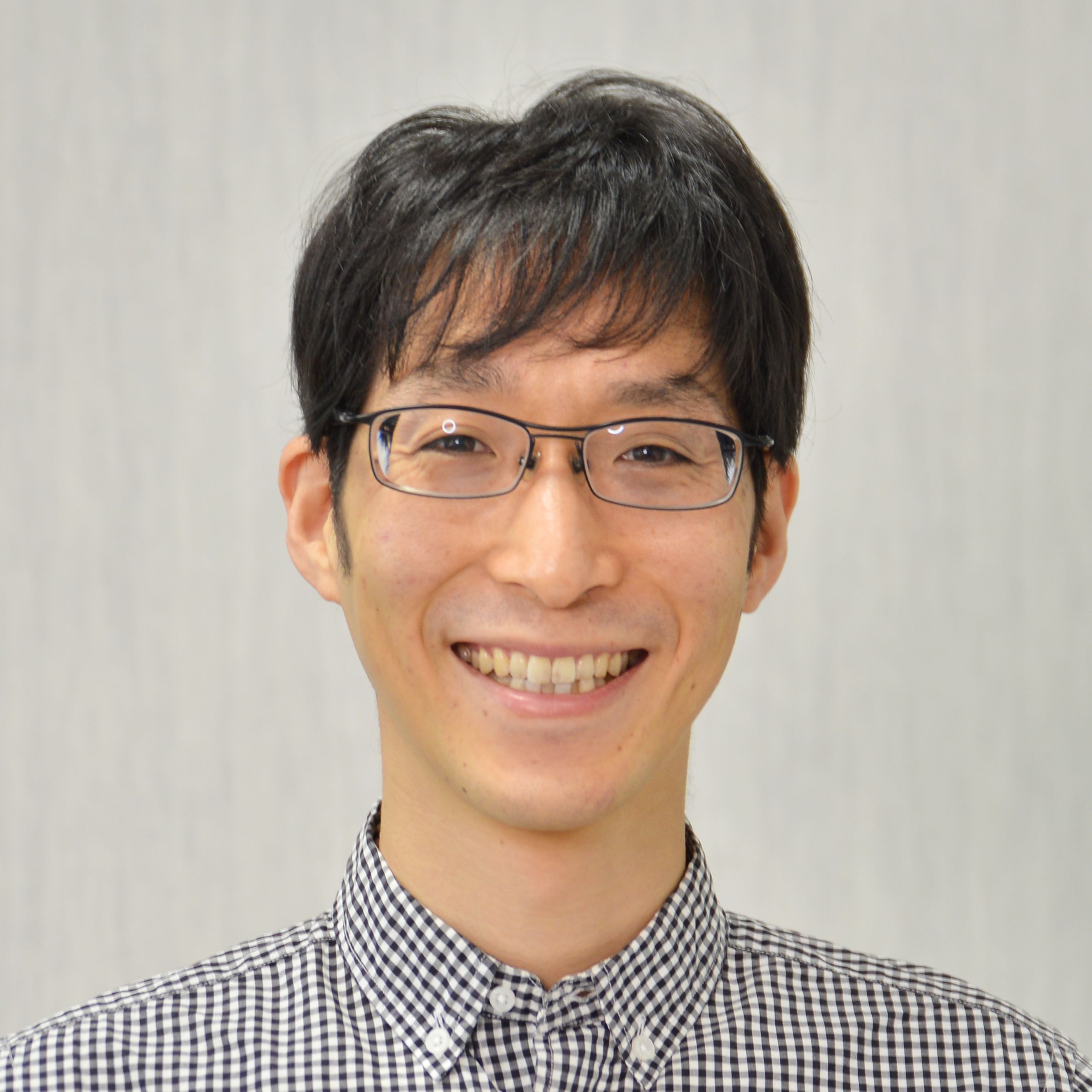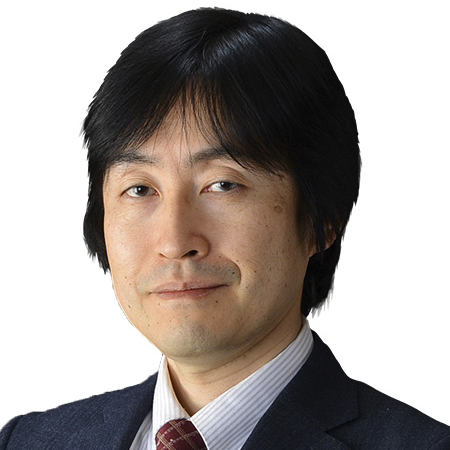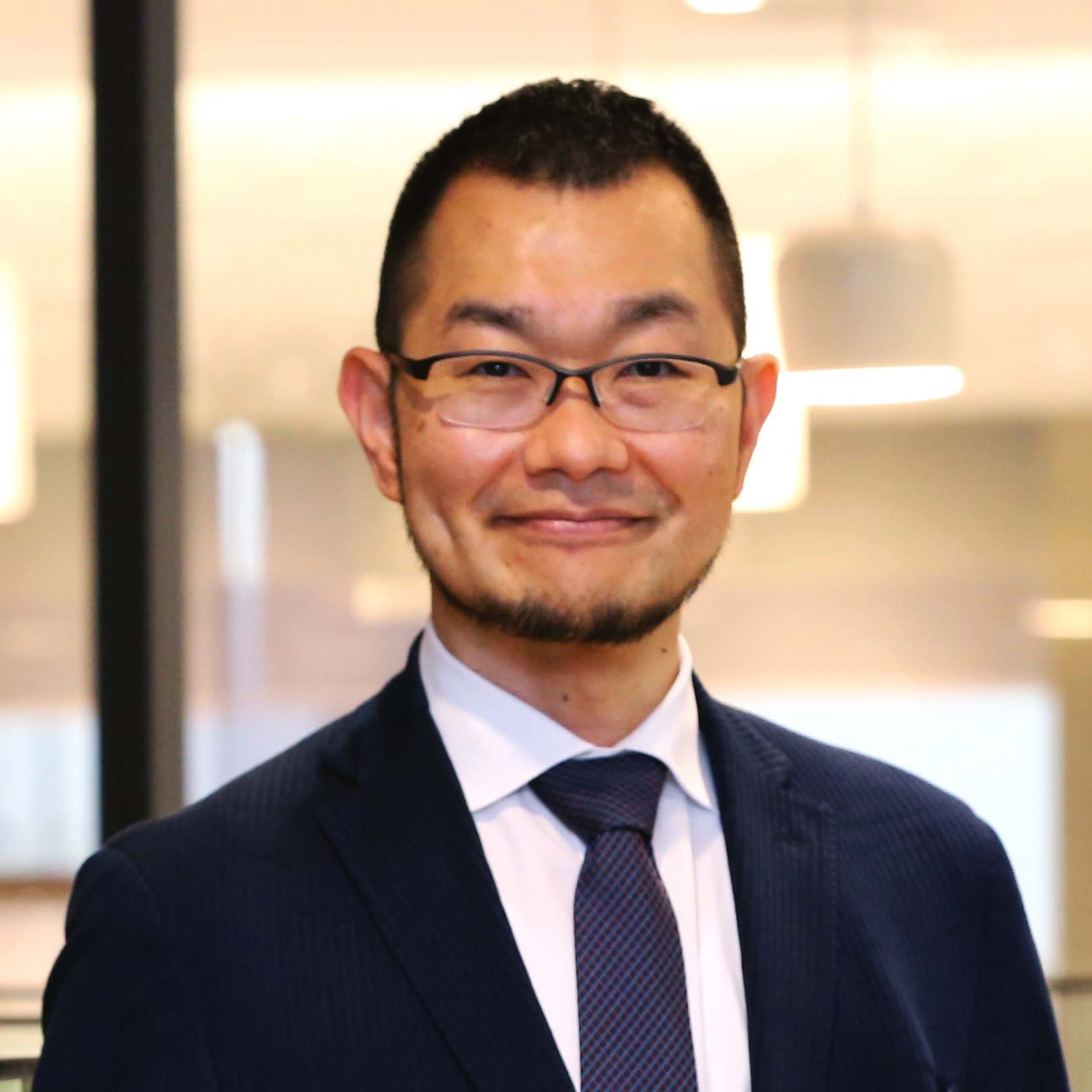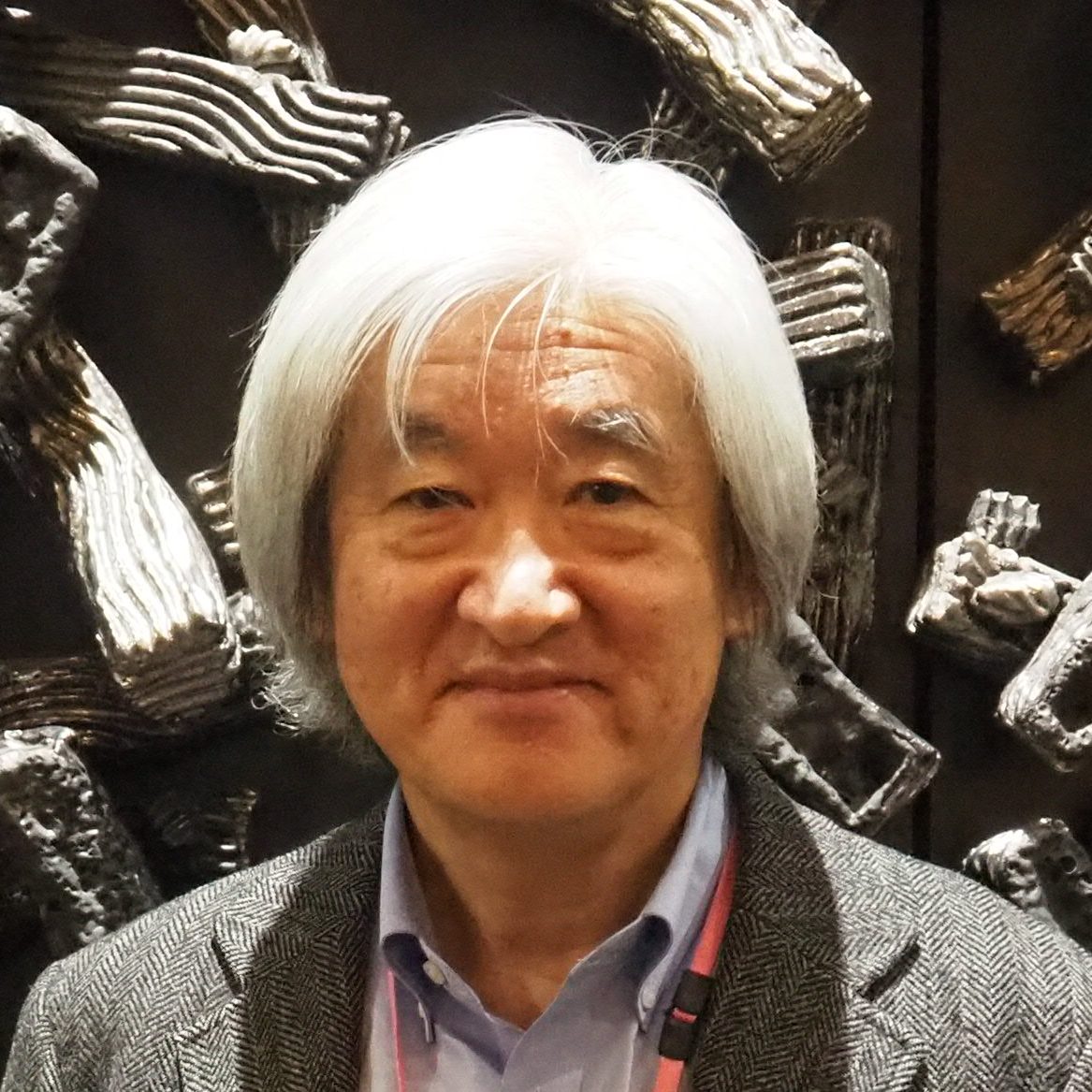01 Research Summary
We are working on the forward genetic research for sleep using randomly mutagenized mice to identify novel genes regulating sleep/wakefulness behavior. Recently, we found that a kinase, SIK3, is involved in determining sleep need and that a nonselective cation channel, NALCN, is required for proper maintenance and termination of REM sleep episodes. Since an important molecule in one research area often turns out to be a multifaceted player working in various research areas, we proceed several projects related to memory, anxiety/depression, social behavior, energy metabolism and ageing.
| Link |
|---|
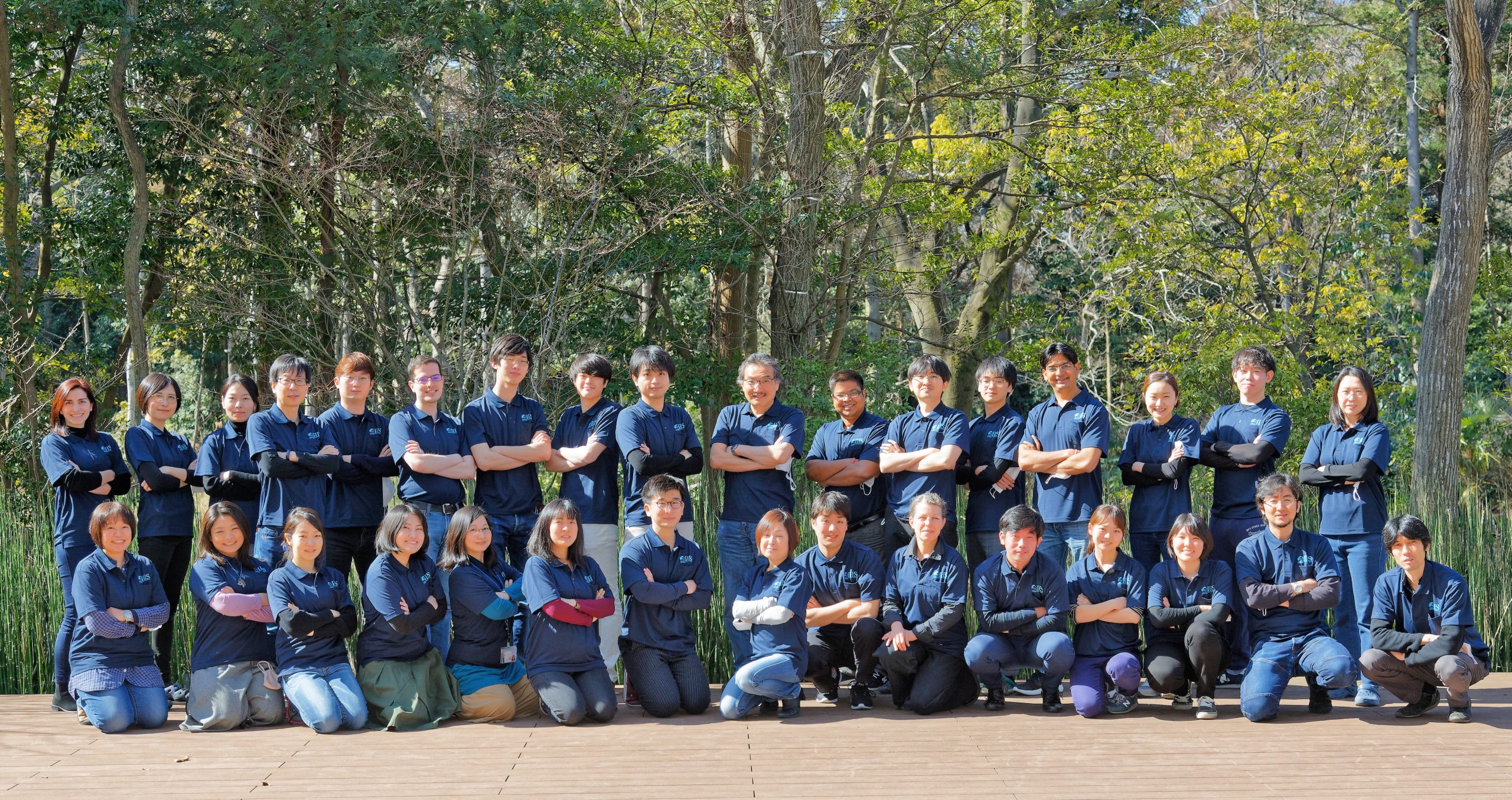
Yanagisawa & Funato Laboratory
02 Major achievements
Kim, S.J., Hotta-Hirashima, N., Asano, F., Kitazono, T., Iwasaki, K., Nakata, S., Komiya, H., Asama, N., Matsuoka, T., Fujiyama T., Ikkyu, A., Kakizaki, M., Kanno, S., Choi, J., Kumar, D., Tsukamoto, T., Mahmoud, A., Mizuno, S., Miyazaki, S., Tsuneoka, Y., Sugiyama, F., Takahashi, S., Hayashi, Y., Muratani, M., Liu, Q., Miyoshi, C., Yanagisawa, M*., Funato, H*. Kinase signalling in excitatory neurons regulates sleep quantity and depth. Nature 612: 512-518, 2022
Zhou, R., Wang, G., Li, Q., Meng, F., Liu, C., Gan, R., Ju, D., Liao, M., Xu, J., Sang, D., Gao, X., Zhou, S., Wu, K., Sun, Q., Guo, Y., Wu, C., Chen, Z., Chen, L., Shi, B., Wang, H., Wang, X., Li, H., Cai, T., Bin, L., Wang, F., Funato, H., Yanagisawa, M ., Zhang, E.E., Liu, Q*. A signaling pathway for transcriptional regulation of sleep amount in mice. Nature 612: 519-527, 2022
Chika Miyoshi, Staci J. Kim, Takahiro Ezaki, Aya Ikkyu, Noriko Hotta-Hirashima, Satomi Kanno, Miyo Kakizaki, Mana Yamada, Shigeharu Wakana, Masashi Yanagisawa*, Hiromasa Funato*. Methodology and theoretical basis of forward genetic screening for sleep/wakefulness in mice. Proceedings of the National Academy of Sciences of the United States of America, 116, 16062-16067, 2019 (* corresponding authors)
Zhiqiang Wang, Jing Ma, Chika Miyoshi, Yuxin Li, Makito Sato, Yukino Ogawa, Tingting Lou, Chengyuan Ma, Xue Gao, Chiyu Lee, Tomoyuki Fujiyama, Xiaojie Yang, Shuang Zhou, Noriko Hotta-Hirashima, Daniela Klewe-Nebenius, Aya Ikkyu, Miyo Kakizaki, Satomi Kanno, Liqin Cao, Satoru Takahashi, Junmin Peng, Yonghao Yu, Hiromasa Funato*, Masashi Yanagisawa*, Qinghua Liu*. Quantitative phosphoproteomic analysis of the molecular substrates of sleep need. Nature, 558, 435-439, 2018
Hiromasa Funato*, Chika Miyoshi, Tomoyuki Fujiyama, Takeshi Kanda, Makito Sato, Zhiqiang Wang, Jing Ma, Shin Nakane, Jun Tomita, Aya Ikkyu, Miyo Kakizaki, Noriko Hotta-Hirashima, Satomi Kanno, Haruna Komiya, Fuyuki Asano, Takato Honda, Staci J. Kim, Kanako Harano, Hiroki Muramoto, Toshiya Yonezawa, Seiya Mizuno, Shinichi Miyazaki, Linzi Connor, Vivek Kumar, Ikuo Miura, Tomohiro Suzuki, Atsushi Watanabe, Manabu Abe, Fumihiro Sugiyama, Satoru Takahashi, Kenji Sakimura, Yu Hayashi, Qinghua Liu, Kazuhiko Kume, Shigeharu Wakana, Joseph S Takahashi, Masashi Yanagisawa*. Forward-genetics analysis of sleep in randomly mutagenized mice. Nature, 539, 378-383, 2016
03 Education/Academic background and major awards
Education/Academic background
| 1994 | Graduated from School of Medicine, Tokyo Medical and Dental University |
|---|---|
| 1995 | Research graduate student, University of Tokyo (Prof. Yasuo Ihara) |
| 1998 | Graduated from Doctoral Program in Medical Sciences, Tokyo Medical and Dental University |
| 1998 | Postdoctoral fellow, JSPS |
| 2001 | Resident, Department of Psychiatry, University of Tokyo Hospital |
| 2003 | Assistant Professor, Department of Psychiatry, School of Medicine, Yamaguchi University |
| 2005 | Postdoctoral fellow, University of Texas Southwestern Medical Center, USA |
| 2009 | Assistant Professor (Lecturer), Department of Anatomy, School of Medicine, Toho University |
| 2011 | Associate Professor, Department of Anatomy, School of Medicine, Toho University |
| 2013 | Visiting Professor (WPI-IIIS), International Institute for Integrative Sleep Medicine, University of Tokyo |
| 2018 | Professor, Department of Anatomy, School of Medicine, Toho University |
Awards
| 2017 | Erwin Von Bälz Preis, Boehringer Ingelheim |
|---|
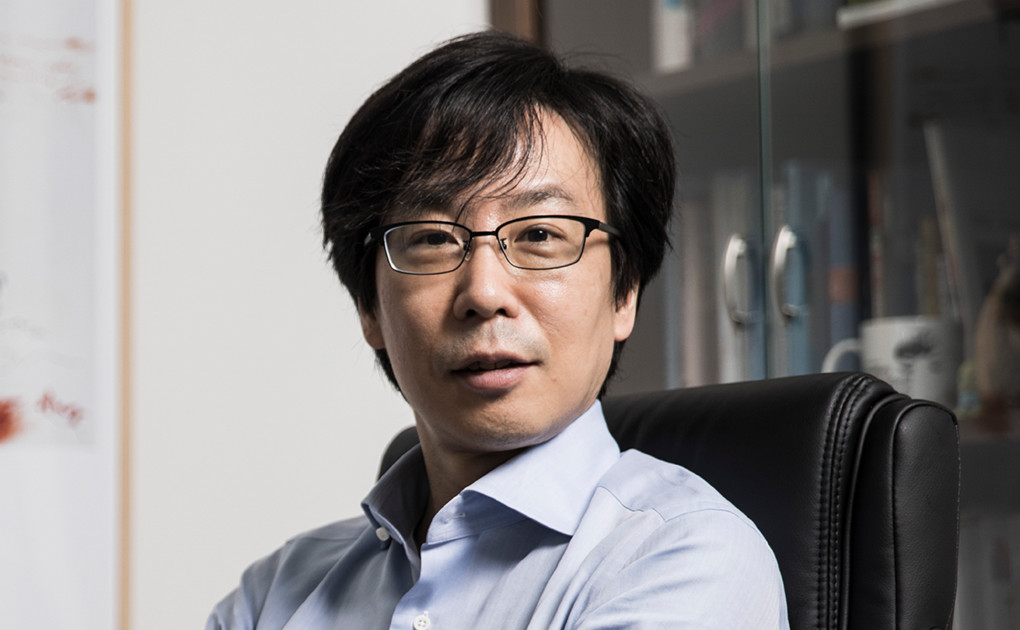
Why did you become a scientist?
My curiosity drives me to become the one.
When I was in elementary school, I read a book on the era of the great voyage. Since the great voyage at the present time would be space exploration, I wanted to be an astronaut, but the problem was that there was no clear path to become an astronaut. So I changed my mind to and become became a psychiatrist, and now I find myself to be a researcher. There were three turning points.; The first one was that when I was a grad student, I moved to Ihara lab at University of Tokyo seeking for better research environment and an exciting research theme. Professor Ihara is one of researchers who identified tau protein as the major component of neurofibrillary tangle in Alzheimer's disease brains. The second one was my application for a postdoctoral fellow position at Yanagisawa lab, University of Texas Southwestern Medical Center, that I found in classifieds in "Jikken Igaku". The third was the day when I decided to pick up all long sleeper mice although they could be just an artifact. Who knows what is going to happen tomorrow.
What are the characteristics of your lab?
Originality of research
Since we believe our lab has several strengths and advantages, I am happy to explain in detail to anybody who is interested in our research. Please feel free to contact me anytime. One thing I want to emphasize here is that we are working on what we identified by ourselves. The good thing about this situation is that no one in the world knows the results we gained through our own experiments. This is a very happy situation for researchers. However, considering a current competitive research environment, this situation will not last long, though. By the way, "Yanagisawa/Funato lab " follows very active labs managed by two PIs such as Brown/Goldstein lab and Mango/Kliewer lab in UTSW.
What do you care about at work?
God is in the details.
Details are so important that your attention paid to small thing would have big rewards. Mental stability is also crucial to organize an unprecedented project such as forward genetics research using mice. I respect postdocs, technicians and grad students who perform difficult experiments that I am not able to, I become not able to or I won't be able to.
Core Group
-
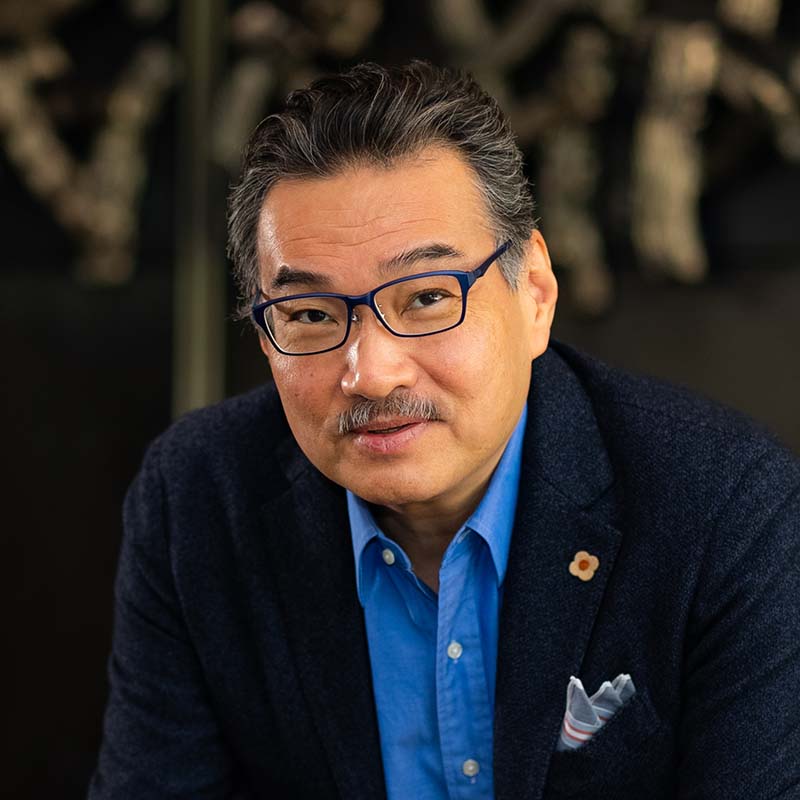
Neuroscience
Masashi Yanagisawa
-
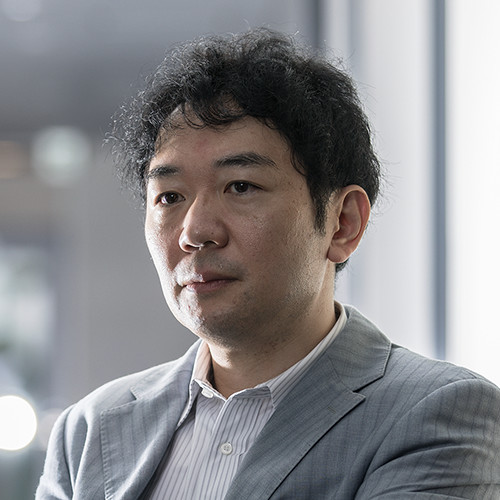
Neuroscience
Takeshi Sakurai
-
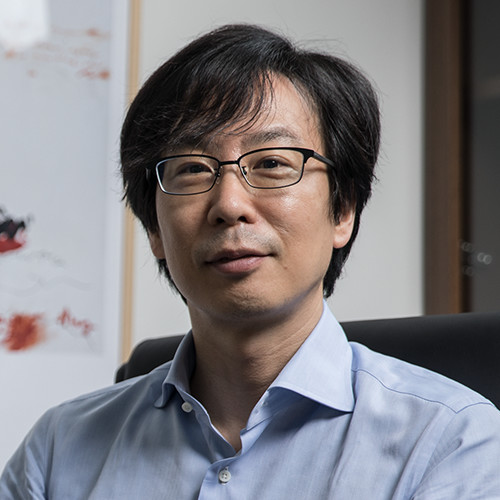
Neuroscience
Hiromasa Funato
-
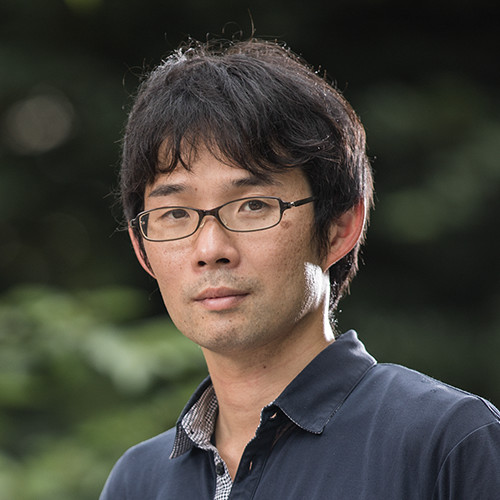
Neuroscience
Yu Hayashi
-
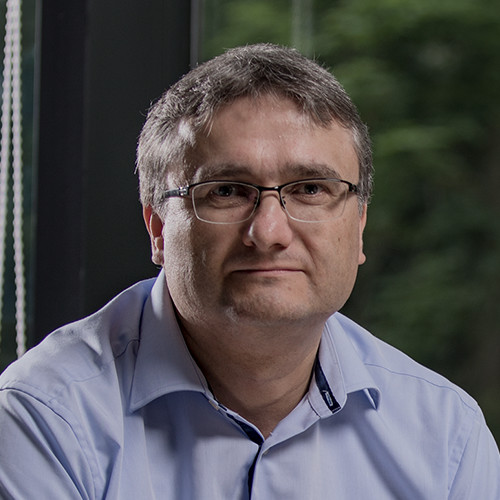
Neuroscience
Michael Lazarus
-
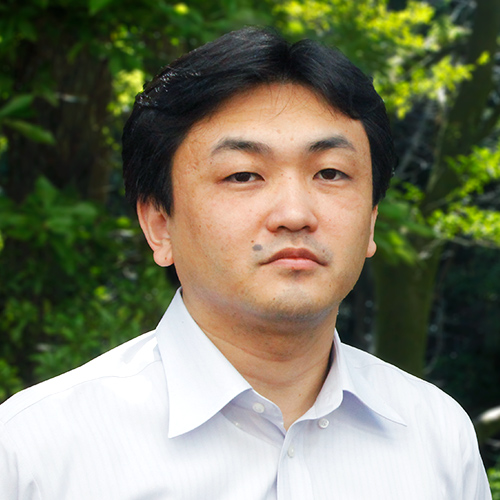
Neuroscience
Yo Oishi
-
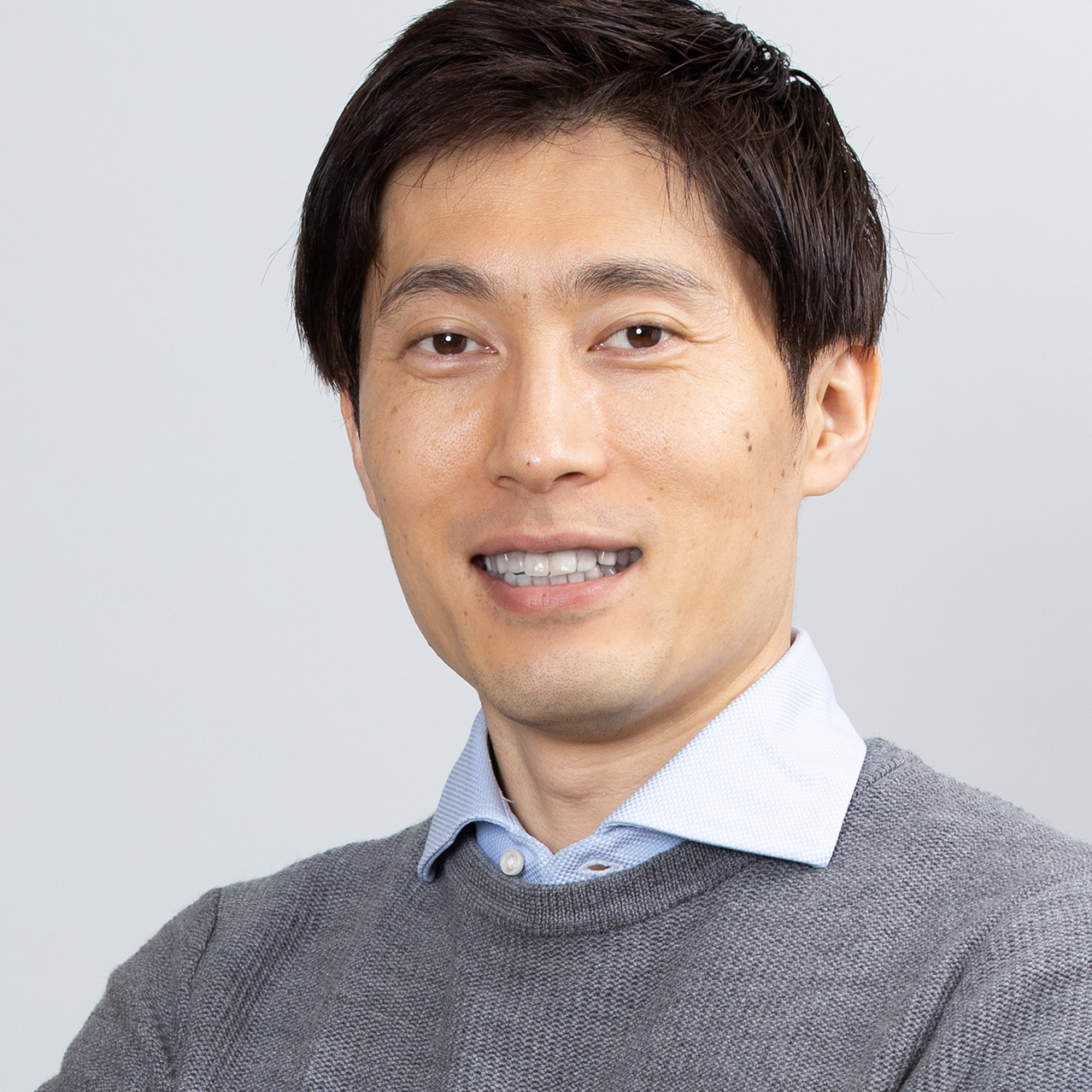
Neuroscience
Masanori Sakaguchi
-
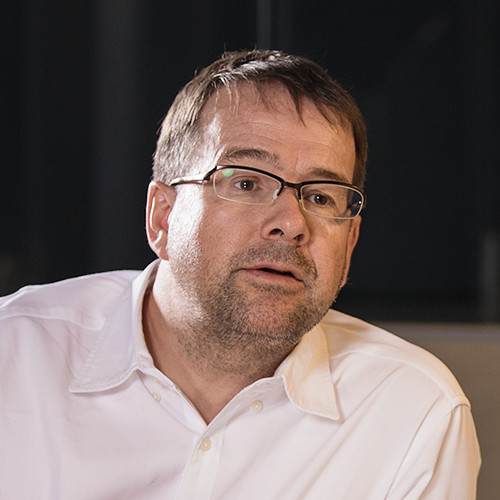
Neuroscience
Kaspar Vogt
-
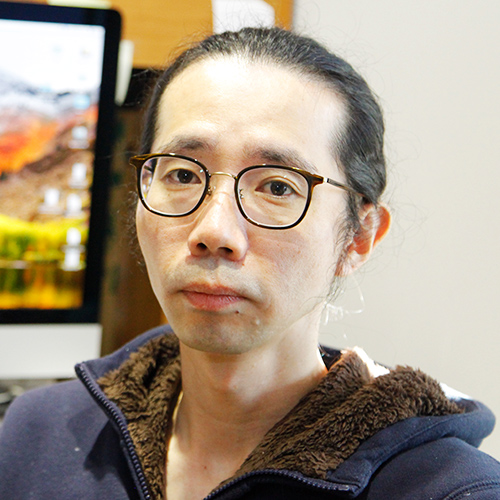
Neuroscience
Katsuyasu Sakurai
-
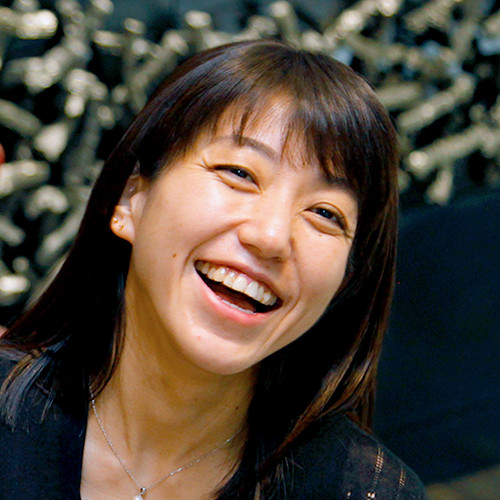
Neuroscience
Sakiko Honjoh
-
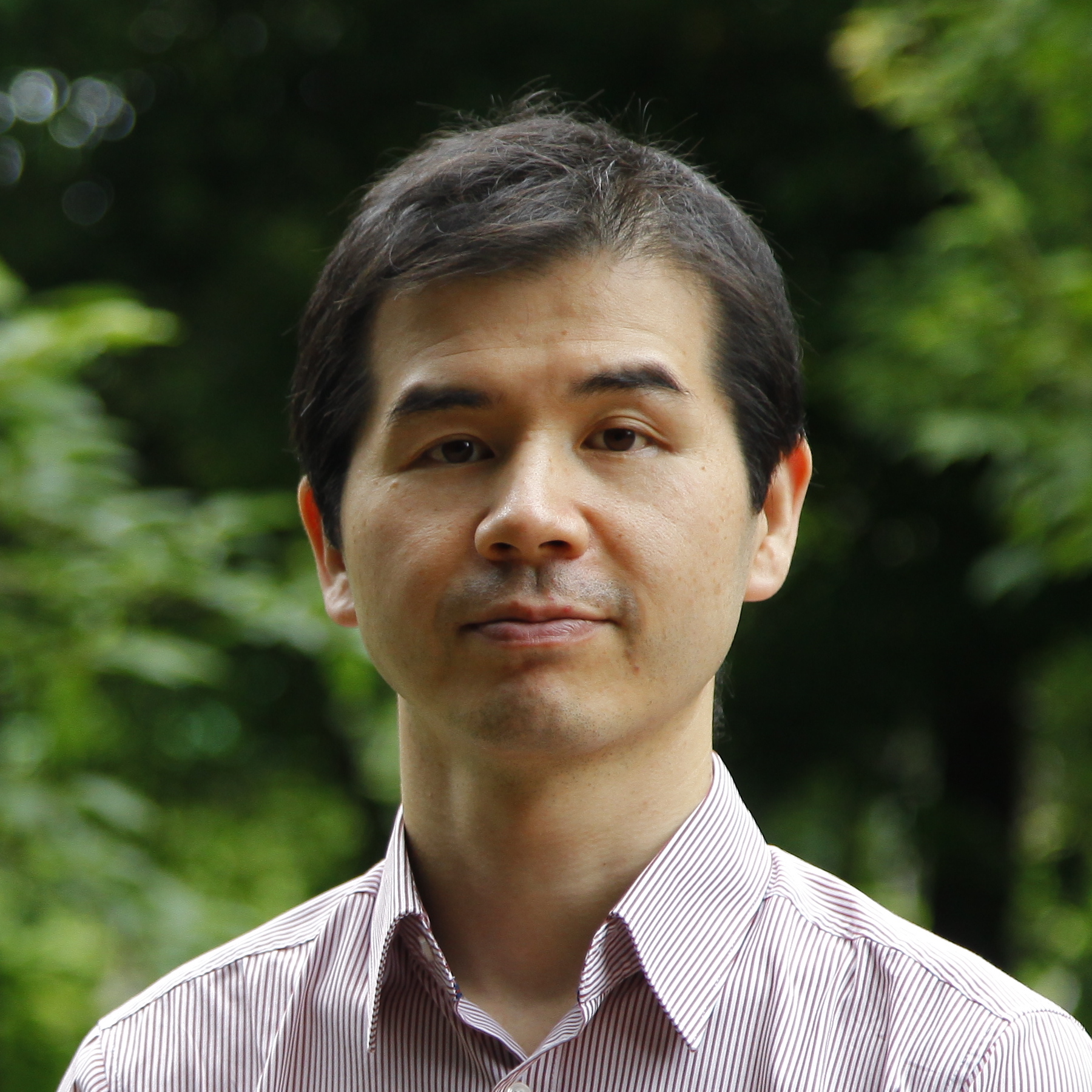
Neuroscience
Hirofumi Toda
-
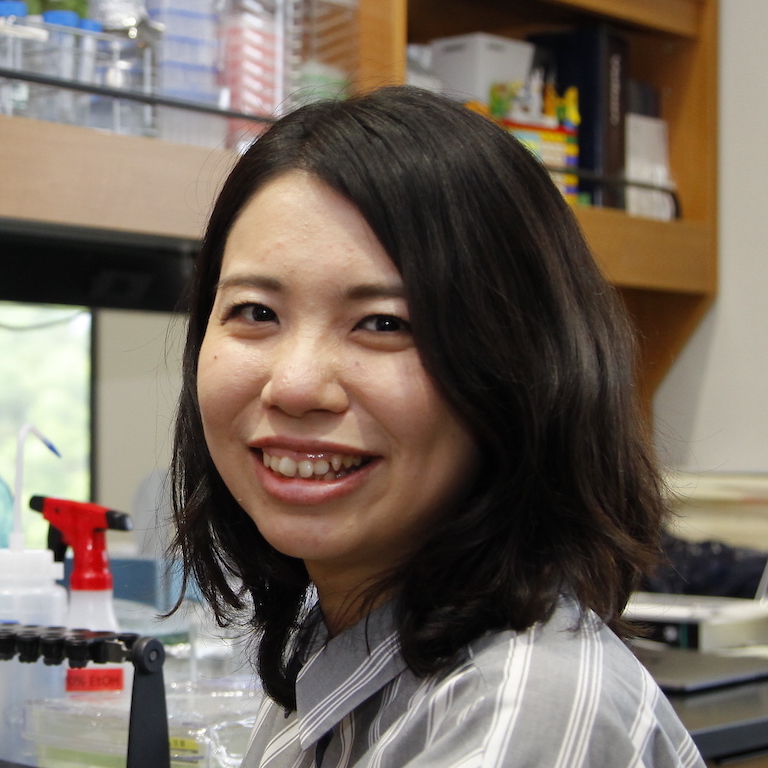
Neuroscience
Arisa Hirano
-
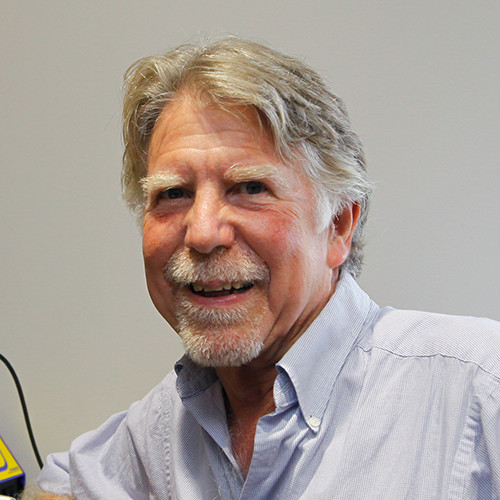
Neuroscience
Robert Greene
-
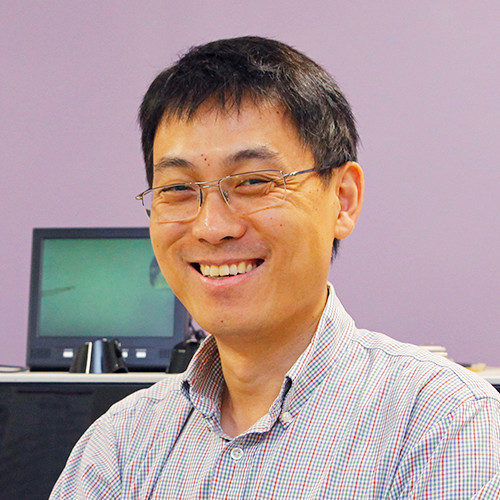
Neuroscience
Qinghua Liu
-
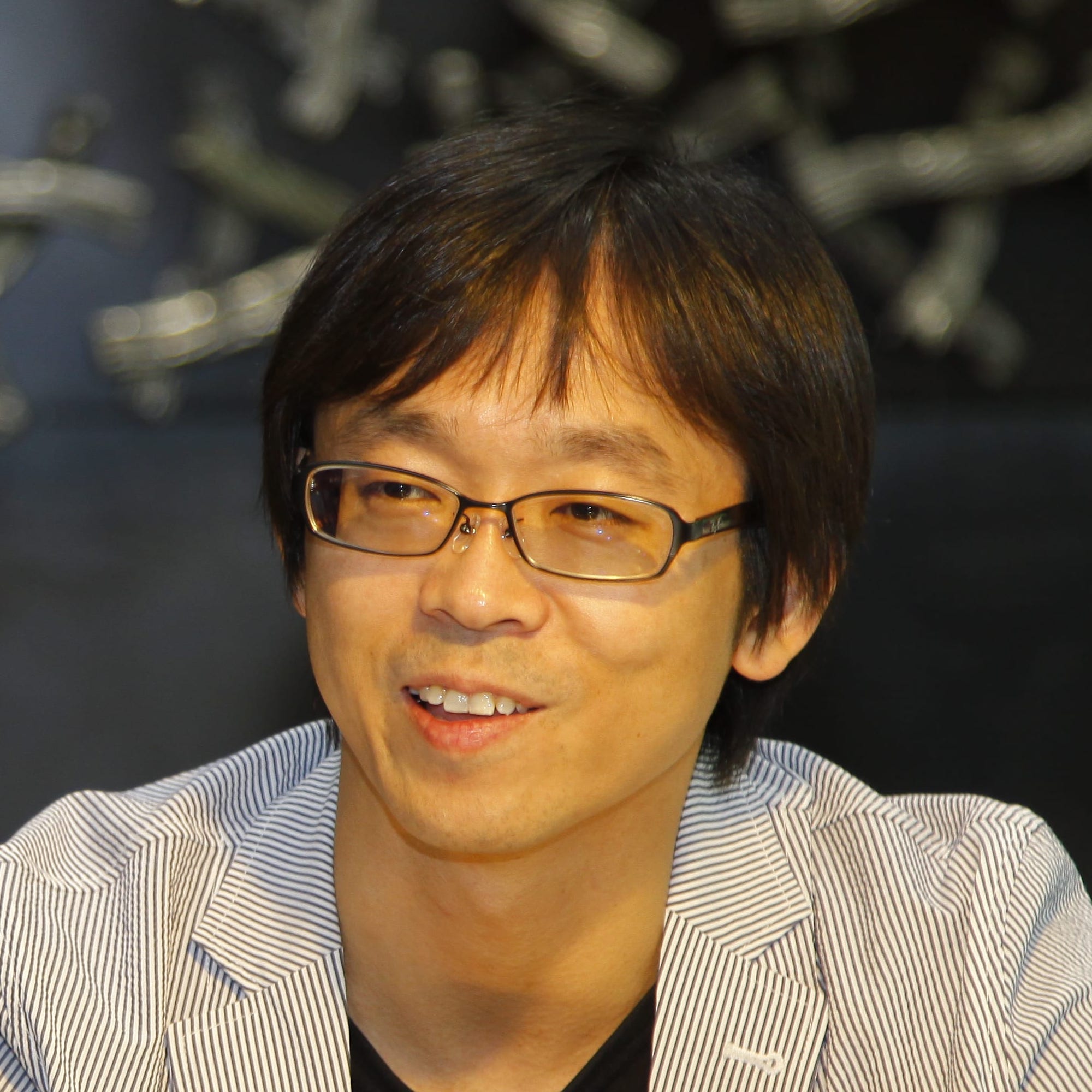
Drug discovery
Noriki Kutsumura
-
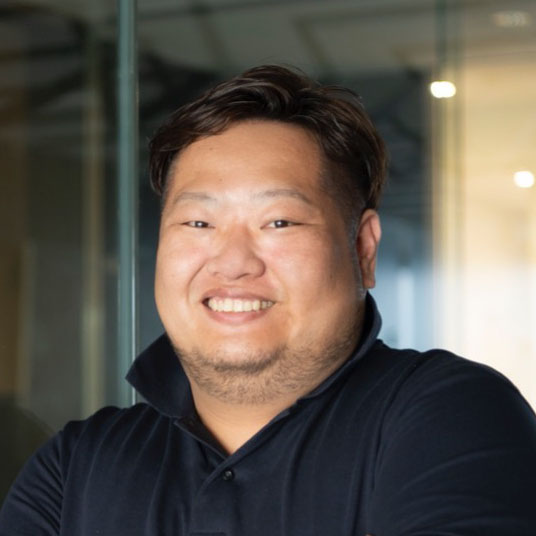
Drug discovery
Tsuyoshi Saitoh
-
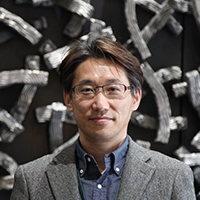
Human sleep
Tomohiro Okura
-
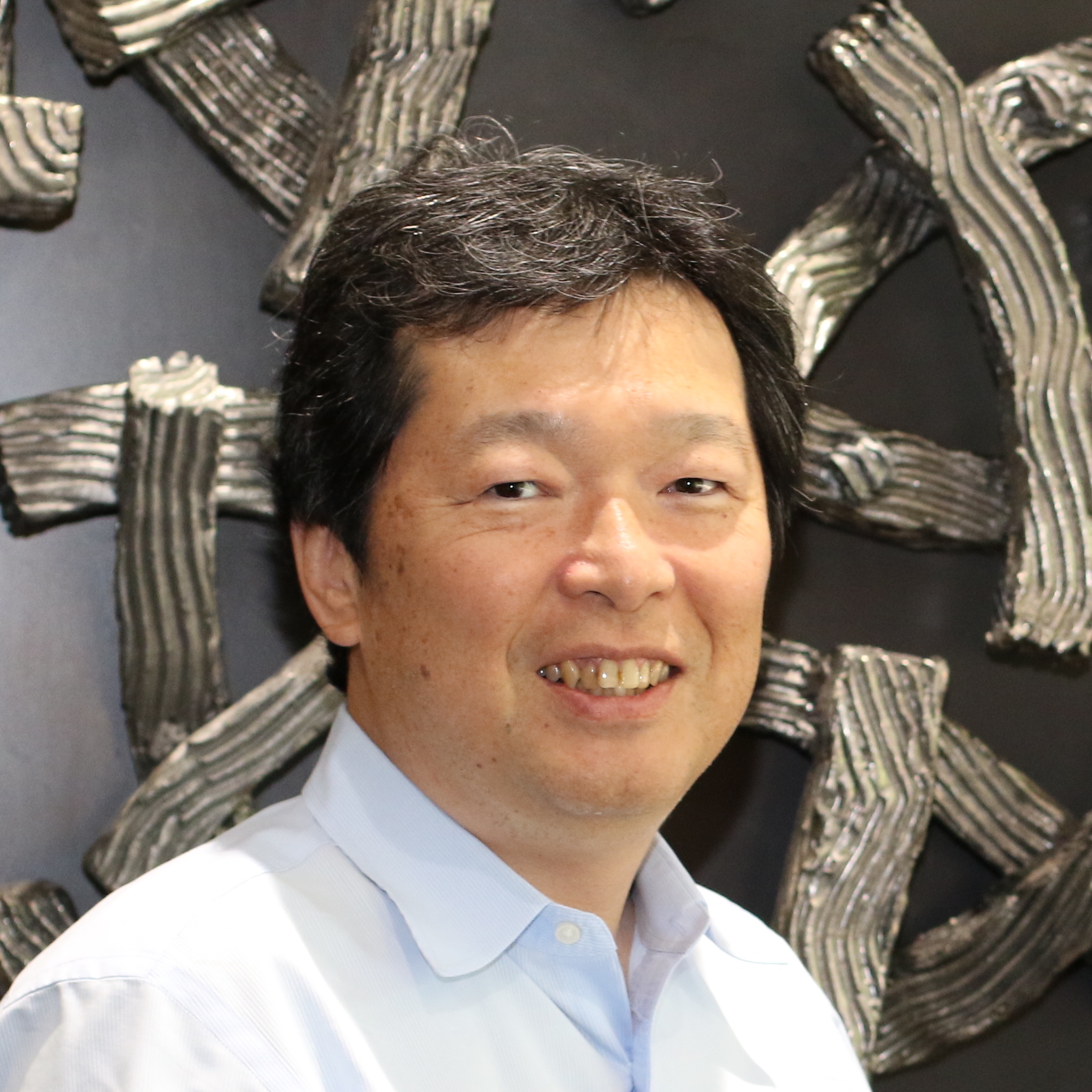
Human sleep
Takashi Kanbayashi
-
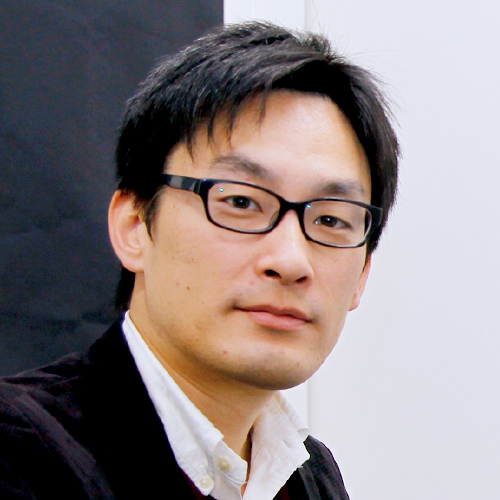
Human sleep
Takashi Abe
-
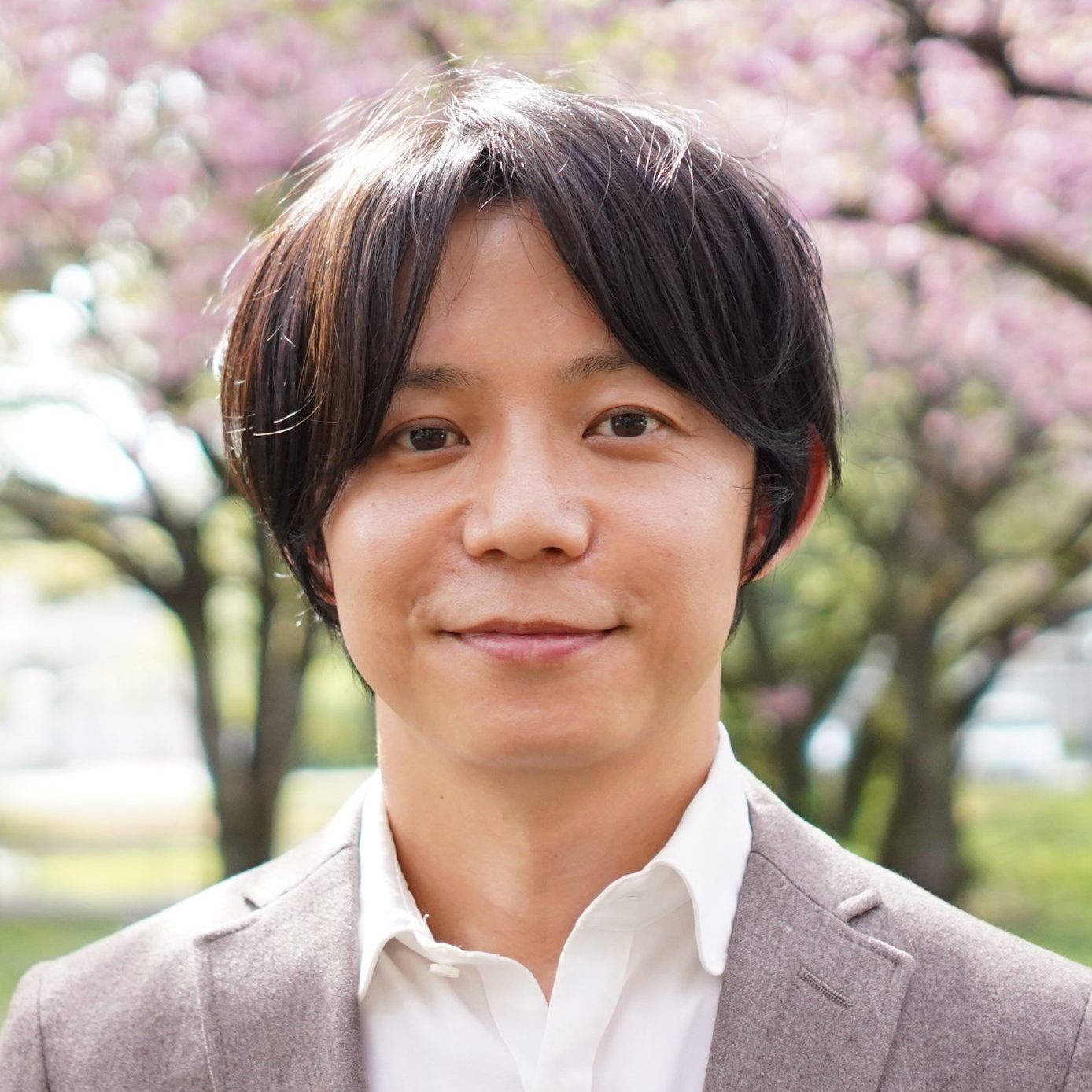
behavioral science
Shun Nakajima
-

Data Science
Hiroyuki Kitagawa
-

Data Science
Shoi Shi
-
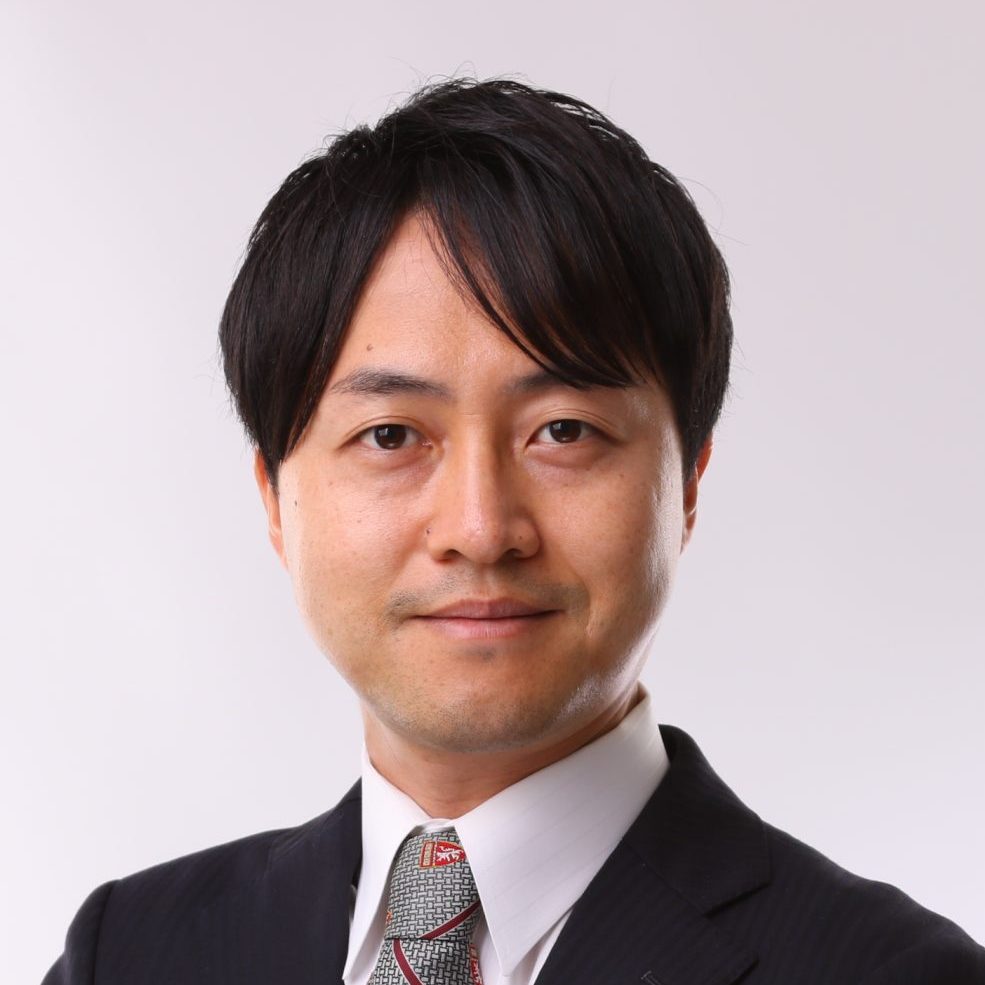
Data Science
Masao Iwagami
